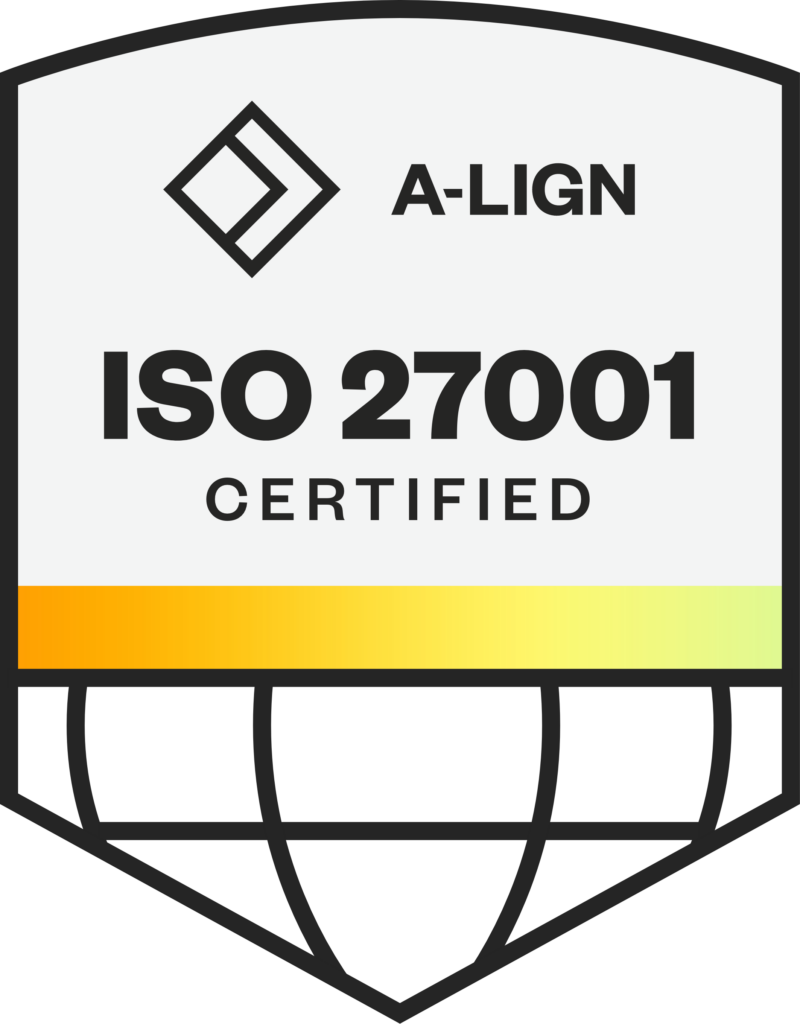Device Drivers Served a Purpose in the Early Phases of DCIM
For several years, the forerunners of full DCIM (Data Center Infrastructure Management) solutions were built by vendors using device drivers to talk to the monitored hardware. This made sense at an early point in time − the hardware had not evolved to the point of robust connectivity and reporting. They often had to contend with serial-based communications, as network connectivity was still dependent on a primary CPU running a complicated network stack. Once they had early network connectivity, the overhead for standard protocols was still difficult for the hardware to support. So, they wrote drivers that communicated via uniquely defined data formats. This required specialized drivers.
Device Drivers Should Be Passé
Now that hardware has evolved, any equipment can support network connectivity and standardized protocols. Network connectivity is handled by low-cost embedded controls that add no significant cost overhead to the gear. Everything from a static transfer switch to a floor UPS, to a floor PDU, to a smart power strip in a rack can all support network connectivity and industry-standard protocols.
For legacy gear or equipment that is just not up to modern standards, there are interface devices that can provide this service. A low-cost gateway can even convert dry contacts into remotely readable (or controllable) standard protocols like SNMP or Modbus.
This means that any device (directly or indirectly) can be available on a network using a standard protocol, so device drivers should no longer be needed. Yet some companies are still tied to their legacy approach of using them. These solutions are not flexible and make end users dependent on the DCIM vendor or data center operator to support new devices.
Unlinking from Custom Drivers is Now the Rule
Welcome to the world of network standards. Market expectations now force hardware vendors to support these network standards. If their hardware does not follow these standards, they break access to everything other than the manufacturer’s solutions − diminishing their market value significantly. Vendors understand this and should fully support these standards.
Freedom From Drivers Makes Your Job Easier. Choose the right DCIM Software Vendor
This move away from custom device drivers should make everyone’s job easier. Once vendors moved toward standard protocol support, it drove compliance and options toward a shared functionality. A device must now support the same data types and values as competitors. If a PDU does not support the same extent of monitoring as a competitor, then customers will move towards the competitor. The same should apply to your DCIM vendor. Are they on Team Device Driver, or can they offer protocol-level, easy-to-integrate solutions?
This translates to not just universal support for protocols but more universal support for reported values – which means more data visibility overall for customers. It also means the transparency requirements of hyperscalers, the largest consumers of data center space, will favor devices with better monitoring.
This has resulted in the industry having a better paradigm – freedom from dependency on the vendor to provide drivers and driver updates in their DCIM solutions. This means the end user no longer must wait on a quality DCIM vendor to provide a driver for new hardware. The DCIM software is compatible with the gear “out of the box”
With protocol-based solutions, a good DCIM solution allows the end user to define their own device configurations, based on the data they want to collect – and the best solutions allow the customer to define their own device templates, based on their needs, and deploy them across their infrastructure with no DCIM vendor involvement.
The Takeaway
OpenData has been a protocol-based solution since its inception in 2007. Any modern Data Center gear can be monitored regardless of vendor, without device drivers. OpenData provides the end user with the ability to define their own device templates and deploy them individually or in bulk across their infrastructure.
If you are looking for a next-generation, protocol-based DCIM solution, consider Modius OpenData provides integrated tools including machine learning capability to manage the assets and performance of colocation facilities, enterprise data centers, and critical infrastructure.
OpenData is a ready-to-deploy DCIM featuring an enterprise-class architecture that scales incredibly well. In addition, OpenData gives you real-time, normalized, actionable data accessible through a single sign-on and a single pane of glass.
We are passionate about helping clients run more profitable data centers and providing operators with the best possible view into a managed facility’s data. We have been delivering DCIM solutions since 2007. We are based in San Francisco and are proudly a Veteran Owned Small Business (VOSB Certified). You can reach us at sales@modius.com or 1-(888) 323.0066.





